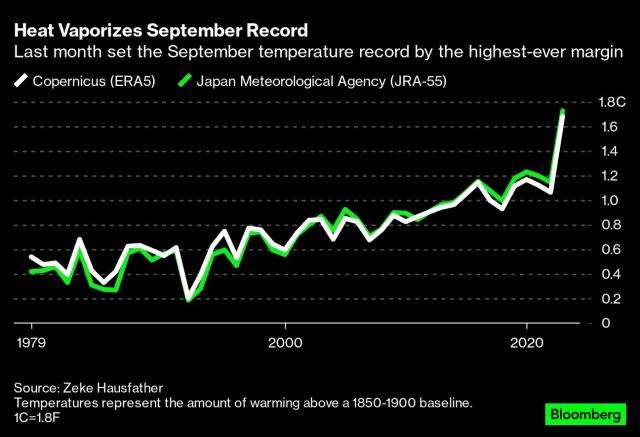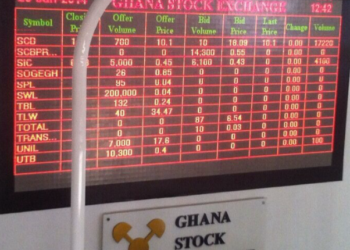Mitch Reznick, Head of sustainable fixed income at Federated Hermes, has disclosed that a growing number of asset managers are reassessing bond values tied to real assets, as a spike in the frequency of flash floods, fires and storms hit conventional pricing models.
Mitch Reznick explained that climate risk is a key reason why the investment manager is now underweight real estate credit. Jonathan Bailey, global head of ESG and impact investing at Neuberger Berman Group LLC, also stated that he’s increasingly looking at whether issuers have enough capital to deal with the fallout of climate change. And analysts at Barclays Plc say nature-related risks are being mispriced across sovereign bond markets, and will ultimately trigger downgrades.
“There are often times where two otherwise very similar looking investment opportunities have very different physical risk profiles from a climate perspective,” Bailey said. A bond issuer that’s been able to protect itself from physical climate risk is likely to be the better investment over time, he added.
The credit ratings Industry has yet to figure out how best to incorporate climate risk in its models, so fixed-income investors are largely having to rely on their own assessments to navigate the new landscape they face. According to the Institute for Energy Economics and Financial Analysis, bond investors can’t turn to credit ratings for a useful evaluation of environmental risks.
In a recent report, the IEEFA said that inside the biggest ratings firms, “alarm bells have been sounding for months.” But those internal warnings have gone largely unheeded, which is concerning, according to Hazel Ilango, an energy finance analyst focused on debt markets at IEEFA.
As large swaths of the planet get battered by extreme floods, droughts, storms and wildfires, failure to gradually reflect such risks in credit ratings is exposing issuers to bigger, sudden losses further down the road, the IEEFA said.
Barclays analyst Maggie O’Neal is among those to have spoken out about the potential for nature-related risks to trigger downgrades and dent portfolio values for bond investors who don’t react in time. And sovereign downgrades would in turn lead to higher borrowing costs, ultimately “compounding credit risk for bondholders,” she said in a September report.
Maria Drew, director of research for responsible investing at T. Rowe Price Group Inc., also noted that there are big gaps in how cities and governments are preparing for the fallout from a more threatening natural environment. It’s become a “big area that the market probably just hasn’t fully factored in,” she said. Cities and governments still need to do a lot more investing to address such risks, she added.
Bailey noted that Neuberger Berman is now looking at an issuer’s exposure to risks associated with natural geography, including whether they have put in place the capital spending to adapt.
A Single Extreme Weather Event
A single extreme weather event “is probably not going to make the difference,” Bailey said. But over time, it adds up. And if local authorities aren’t taking timely steps to protect assets from heat waves and floods, it will likely “have an impact on property valuations, on tax receipts from local real estate,” he said.
“On a sovereign level, it may have an impact on economic growth, which will impact the ability of sovereigns to raise taxes and be able to meet their debt obligations,” Bailey indicated.
Reznick noted that Federated Hermes incorporates physical risks into internal ESG (environmental, social, governance) scores that feed into investment decisions. The asset manager is underweight the real estate sector due to climate risks and governance concerns, he said.
Climate risk also has been factored into decisions including exits and choosing between different maturities of bonds for a lower risk profile, Reznick said. Another area of mispricing he’s watching is biodiversity and natural capital risks, in sectors such as agriculture, cattle production, mining, paper and packaging, he said.
According to the IEEFA, regulators urgently need to step in and ensure that investors are getting the information they need to help them tackle the growing array of environmental risks. Without better rules, the industry is likely to remain “reactive, rather than proactive,” Ilango said.
READ ALSO: BoG Generates GHS 1.17bn with Sky-High Interest Rates: Impacts Unveiled























